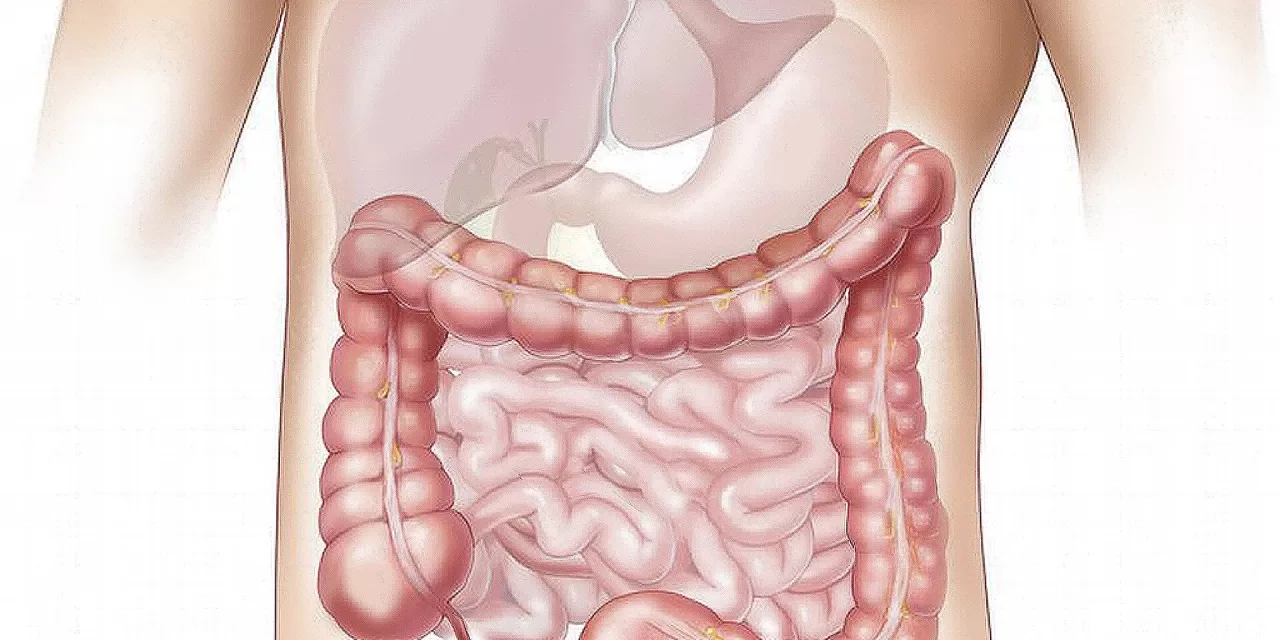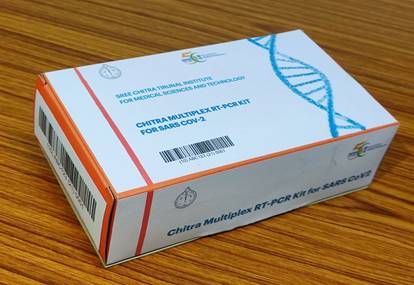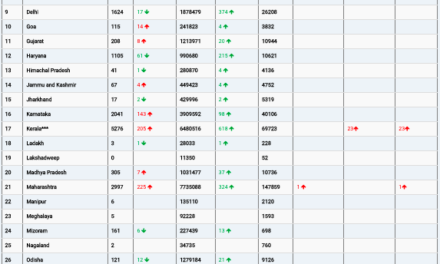In a groundbreaking discovery, researchers have unveiled the vital role of gut microbes in defending human health by regulating harmful bacteria, offering promising avenues for innovative therapies and dietary interventions.
A recent study, which analyzed over 12,000 stool samples from 45 countries, employed cutting-edge DNA sequencing techniques to map microbial ecosystems. The research sheds light on how dietary habits and environmental factors shape these complex microbial communities, demonstrating their profound influence on overall health.
One of the study’s most striking revelations is the role of beneficial microbes, known as “co-excluders,” in suppressing harmful bacteria such as Enterobacteriaceae. These co-excluders thrive in environments supported by balanced diets, effectively reducing the risk of infections. The findings underscore the potential of targeted dietary strategies to enhance the growth of these protective microbes, presenting a powerful alternative to traditional antibiotics and probiotics.
“This research underscores the intricate balance within the gut microbiome and its direct impact on our health,” said a lead researcher. “By understanding how diet and environmental factors influence these microbial communities, we can develop non-antibiotic therapies to support beneficial bacteria.”
The study’s implications stretch beyond individual health, pointing to global opportunities for improving well-being through simple, sustainable interventions. Tailored dietary solutions could revolutionize gut health management, reducing dependency on antibiotics and combating the rise of antibiotic-resistant bacteria.
With the gut microbiome increasingly recognized as a cornerstone of human health, this research paves the way for a new era of therapeutic strategies that focus on empowering the body’s natural microbial guardians.












